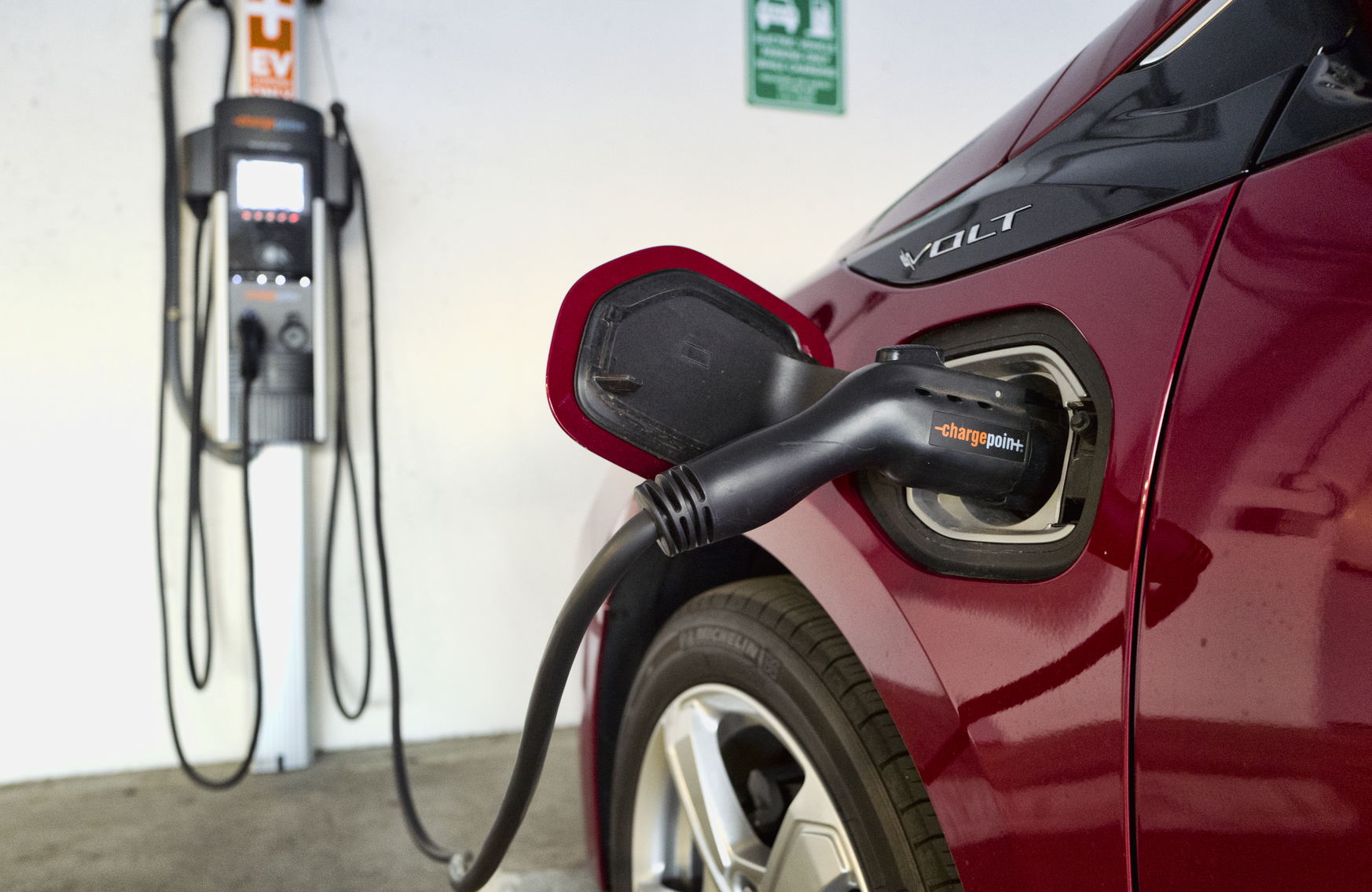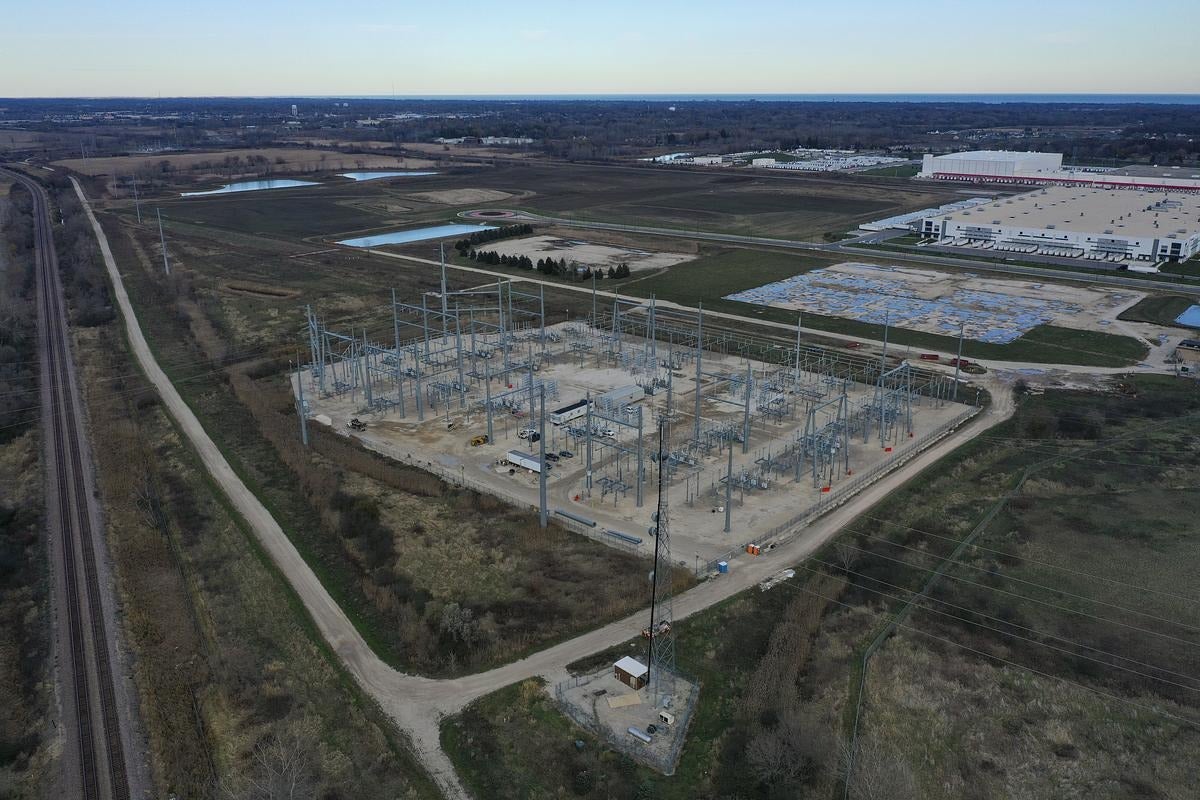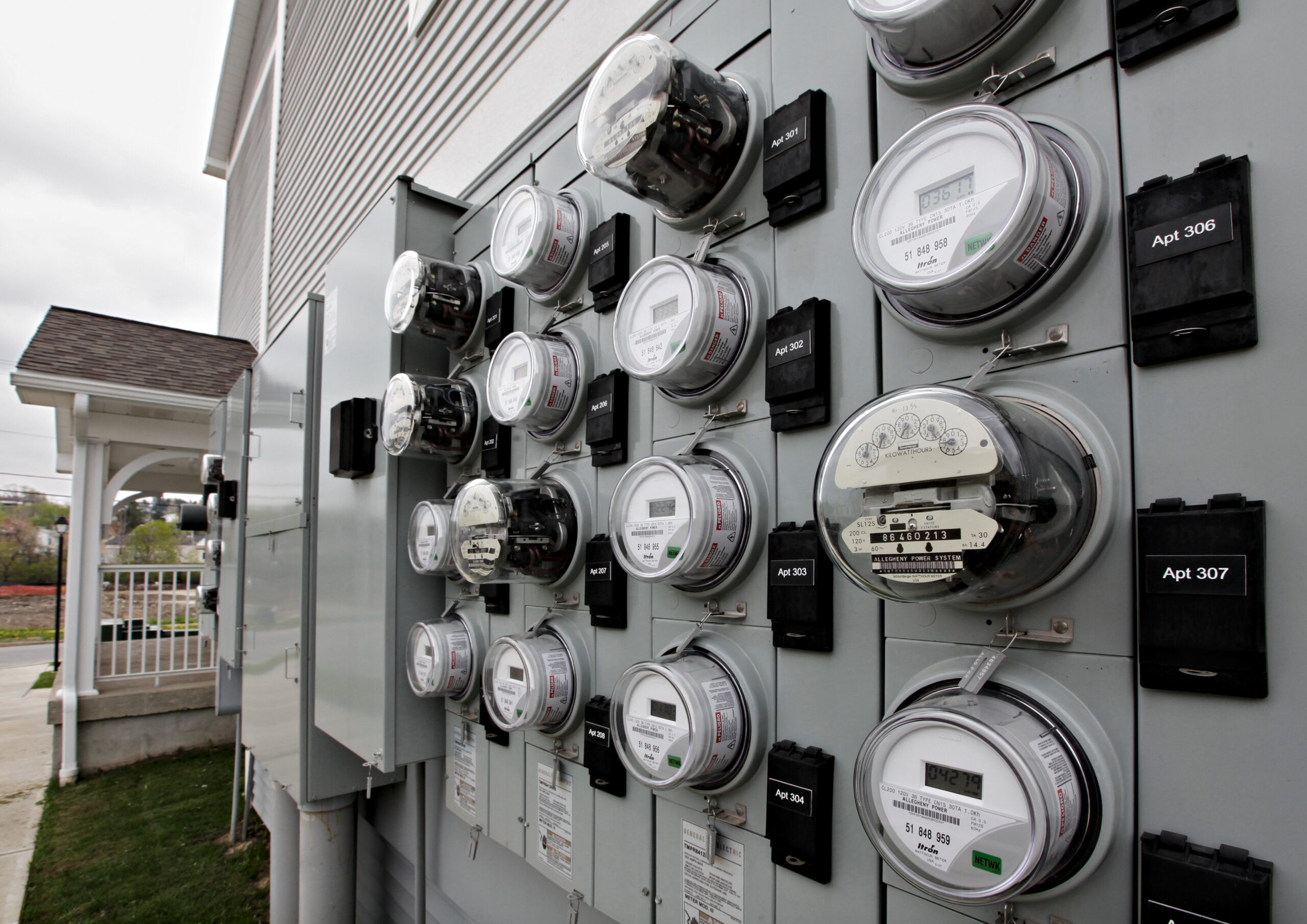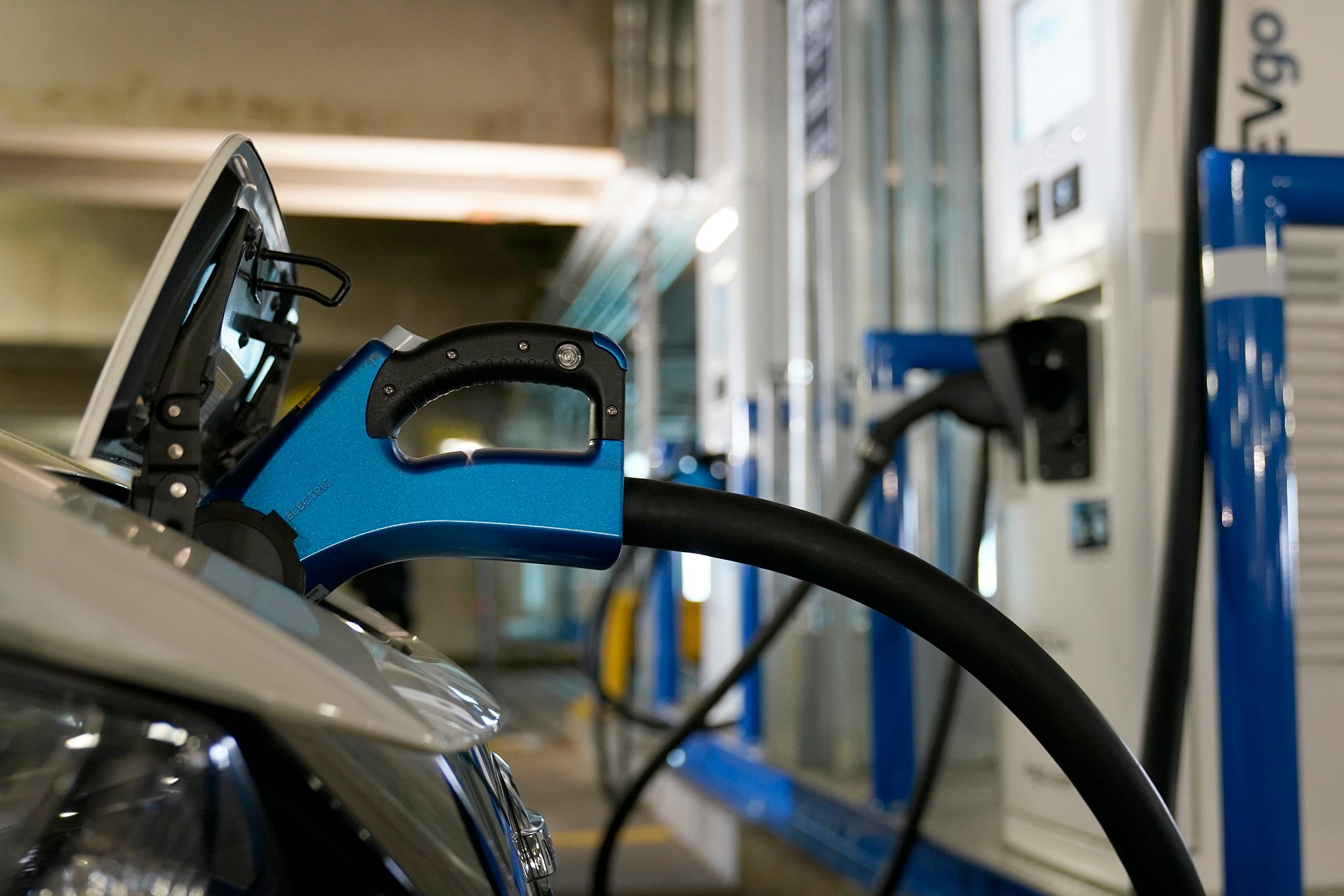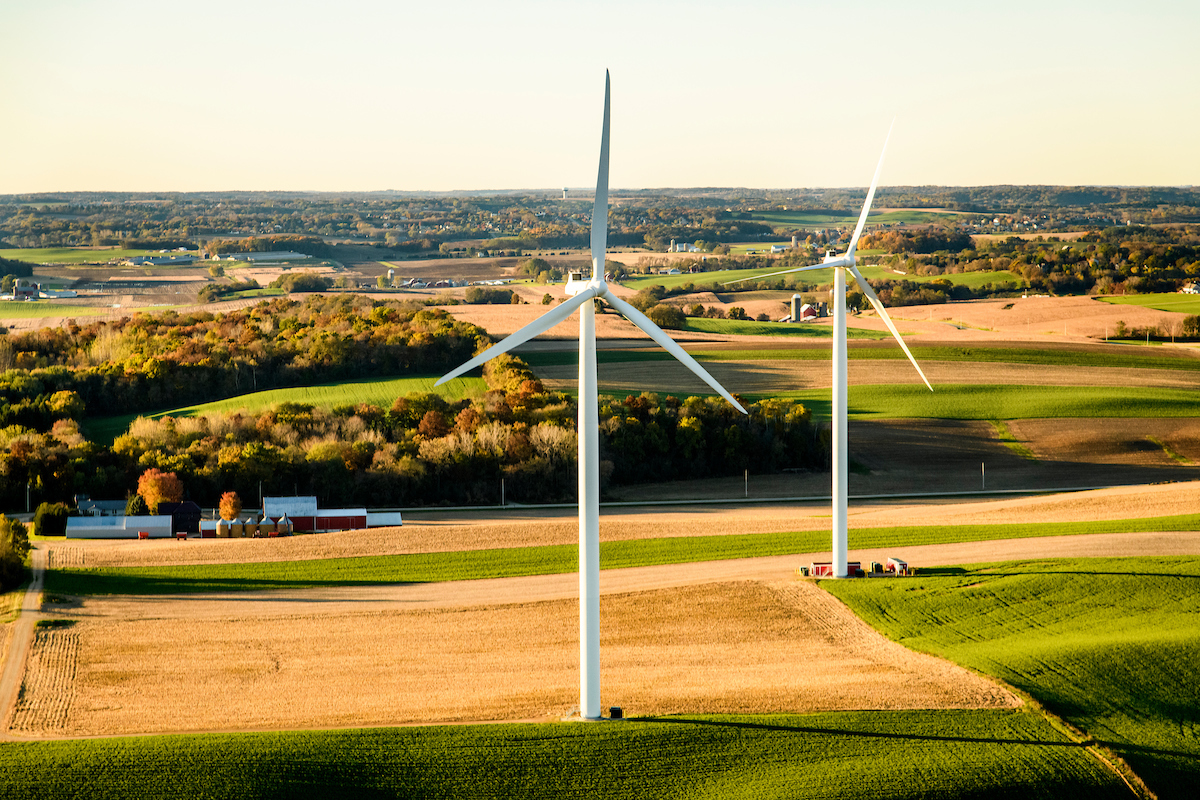State regulators will not require the state’s five largest utilities to develop electric vehicle (EV) pilot programs for residential customers. But, they will provide a framework that makes it easier for utilities to know what regulators expect from test charging programs.
The Public Service Commission (PSC) voted 2-1 in its decision to create a framework for utilities who submit proposals. Commission Chair Rebecca Cameron Valcq said regulators moved away from forcing utilities to provide pilot programs after receiving a number of EV proposals from utilities.
“As of today, all of Wisconsin’s major investor-owned utilities have either received approval of or filed for or have some — in one case, as a shareholder funded EV program,” said Valcq. “And, so in light of this, it would appear that it’s no longer necessary to make these filings a requirement.”
News with a little more humanity
WPR’s “Wisconsin Today” newsletter keeps you connected to the state you love without feeling overwhelmed. No paywall. No agenda. No corporate filter.
The framework is an effort to provide regulatory clarity for utilities in developing programs. The PSC has approved EV charging programs for Xcel Energy and Madison Gas and Electric. But, last year, the commission denied a request by We Energies and Wisconsin Public Service to subsidize charging stations for residential customers.
The PSC launched an investigation into electric vehicles last February that identified a range of issues affecting the adoption of electric vehicles in Wisconsin.
Those issues include the cost of investing in charging infrastructure, rates for electricity used for electric vehicle charging, and managing loads on the system related to increased electric use.
The investigation also found that insufficient charging infrastructure was a barrier to electric vehicles, noting the commission could further define the role of utilities in supporting that infrastructure.
The commission encourages utilities to submit plans for at least one EV pilot program that would address one or more of those issues.
Commissioner Ellen Nowak voted against requiring utilities to offer EV pilot programs in August. On Thursday, she was pleased that requirement was removed. But, Nowak voiced concern about establishing a framework for utilities without input from other state agencies and lawmakers.
“We shouldn’t move forward unless we know what the policymakers in the state want to do with the electric vehicles,” said Nowak.
In comments filed with the commission, the Wisconsin Utilities Association said it supports the regulatory framework developed by the PSC.
“This framework helps to provide direction and can support successful program implementation,” wrote the association. “Within this context, it will be important to continue to prioritize administrative efficiency in order to control administrative costs and establish effective program benchmarks.”
The Citizens Utility Board also supported the commission’s framework in comments filed with the PSC, saying it would allow “future review and discussion of specific pilot programs to be more productive.”
As part of their proposals, utilities should submit a budget, performance goals and ways to measure the pilot program’s performance. They would also submit criteria on who is eligible to participate and report outcomes on participation.
Charging electric vehicles is anticipated to increase demand for electricity. In October, electric vehicle company Tesla also submitted comments in support of utilities filing EV programs for review and approval. The company recommended utilities consider time-of-use pricing in electric vehicle programs that encourages them to charge vehicles during times when systems see lower demand for power.
Electric vehicles made up less than 1 percent of the more than 6.1 million vehicles on Wisconsin roads last year. But, they represent a fast-growing market with more than 18 million vehicles expected to hit the nation’s highways by 2030, according to the Edison Electric Institute.
Wisconsin Public Radio, © Copyright 2026, Board of Regents of the University of Wisconsin System and Wisconsin Educational Communications Board.
